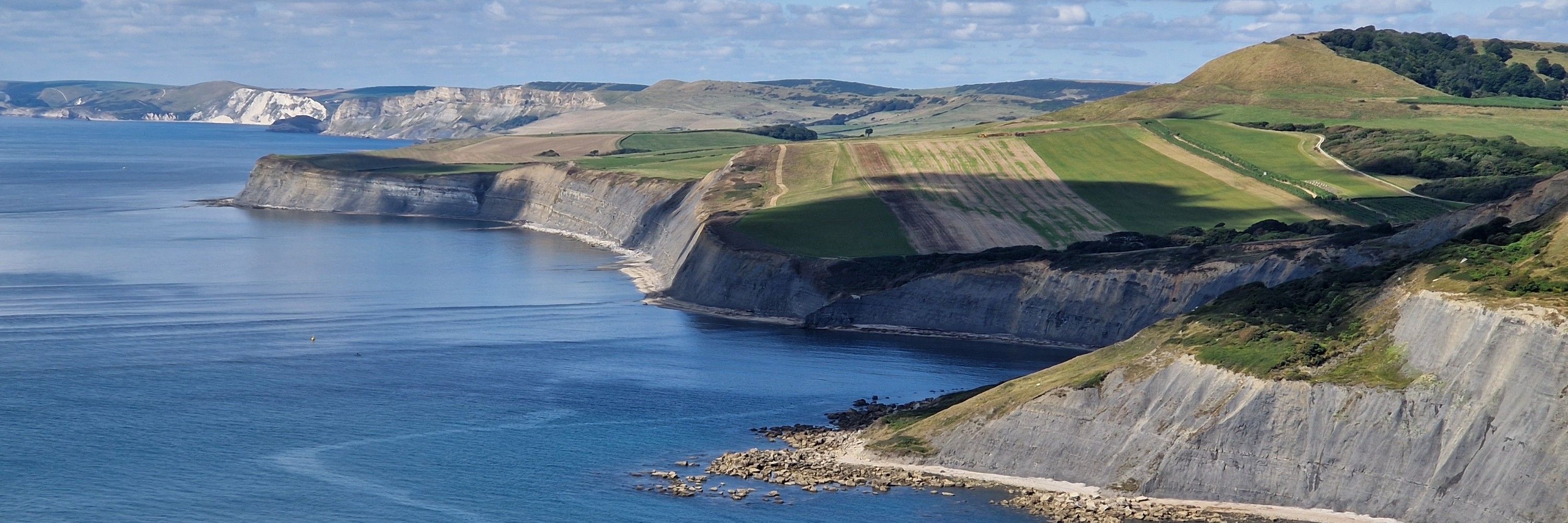
https://profiles.cardiff.ac.uk/staff/vaughanip
Link: www.sciencedirect.com/science/arti...
#FreshwaterEcology #RStat #Statistics #BigData 🌍

Link: www.sciencedirect.com/science/arti...
#FreshwaterEcology #RStat #Statistics #BigData 🌍
Great to contribute to this #OpenAccess paper published in Ecological Solutions & Evidence: doi.org/10.1002/2688... #rewilding #forests #trees #nature @ukceh.bsky.social


Great to contribute to this #OpenAccess paper published in Ecological Solutions & Evidence: doi.org/10.1002/2688... #rewilding #forests #trees #nature @ukceh.bsky.social
doi.org/10.64628/AAI...
www.pnas.org/doi/10.1073/...

doi.org/10.64628/AAI...
www.pnas.org/doi/10.1073/...
Read more: https://www.ipbes.net/nexus/media-release

Read more: https://www.ipbes.net/nexus/media-release

👉 doi.org/10.1111/rec.70198
#RiverRestoration #EnvironmentalFlows #FreshwaterEcology

👉 doi.org/10.1111/rec.70198
#RiverRestoration #EnvironmentalFlows #FreshwaterEcology

Research briefing: www.forestresearch.gov.uk/publications...
News: www.forestresearch.gov.uk/news/new-res...
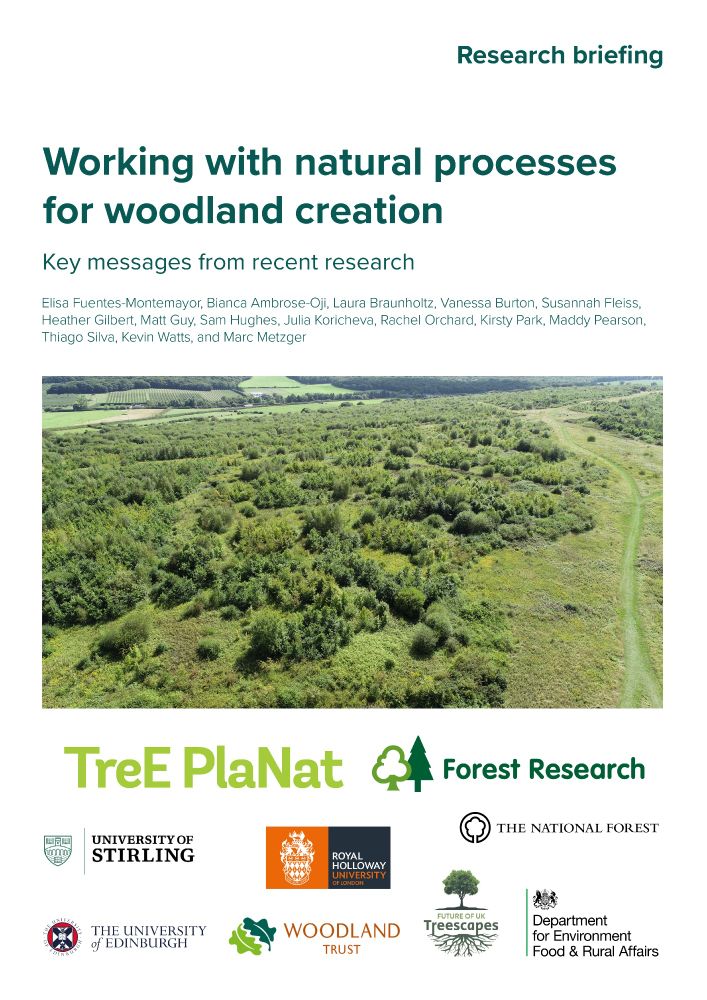
Research briefing: www.forestresearch.gov.uk/publications...
News: www.forestresearch.gov.uk/news/new-res...
The onset of phenological plant response to climate warming @newphyt.bsky.social
nph.onlinelibrary.wiley.com/doi/10.1111/...
🧪🌎🌿🌐🌳 🍁 #PlantBiology @cideinvestiga.bsky.social @csic.es
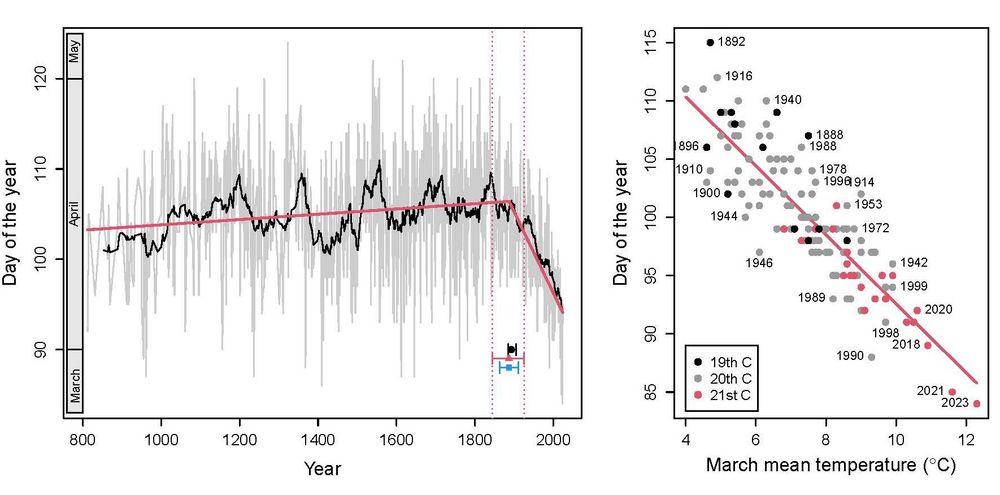
The onset of phenological plant response to climate warming @newphyt.bsky.social
nph.onlinelibrary.wiley.com/doi/10.1111/...
🧪🌎🌿🌐🌳 🍁 #PlantBiology @cideinvestiga.bsky.social @csic.es
🌿🍂🦐 🌐🌍
We studied seasonal dynamics/phenology ⏱️ of 🟩terrestrial-🟦aquatic linkages across a year: www.sciencedirect.com/science/arti...
Out in #CurrentBiology @currentbiology.bsky.social
1/4

🌿🍂🦐 🌐🌍
We studied seasonal dynamics/phenology ⏱️ of 🟩terrestrial-🟦aquatic linkages across a year: www.sciencedirect.com/science/arti...
Out in #CurrentBiology @currentbiology.bsky.social
1/4
“The ecological benefits of more room for rivers”
Find the paper here: www.nature.com/articles/s44...
Free to read version: rdcu.be/eeuBx
#rivers #floods #biodiversity #resilience

“The ecological benefits of more room for rivers”
Find the paper here: www.nature.com/articles/s44...
Free to read version: rdcu.be/eeuBx
#rivers #floods #biodiversity #resilience
www.nature.com/articles/s41...

www.nature.com/articles/s41...
New publication from #ECONOVO on the widespread ecological novelty across the terrestrial biosphere🌱
Read the article here:
www.nature.com/articles/s41...
Key take homes below👇
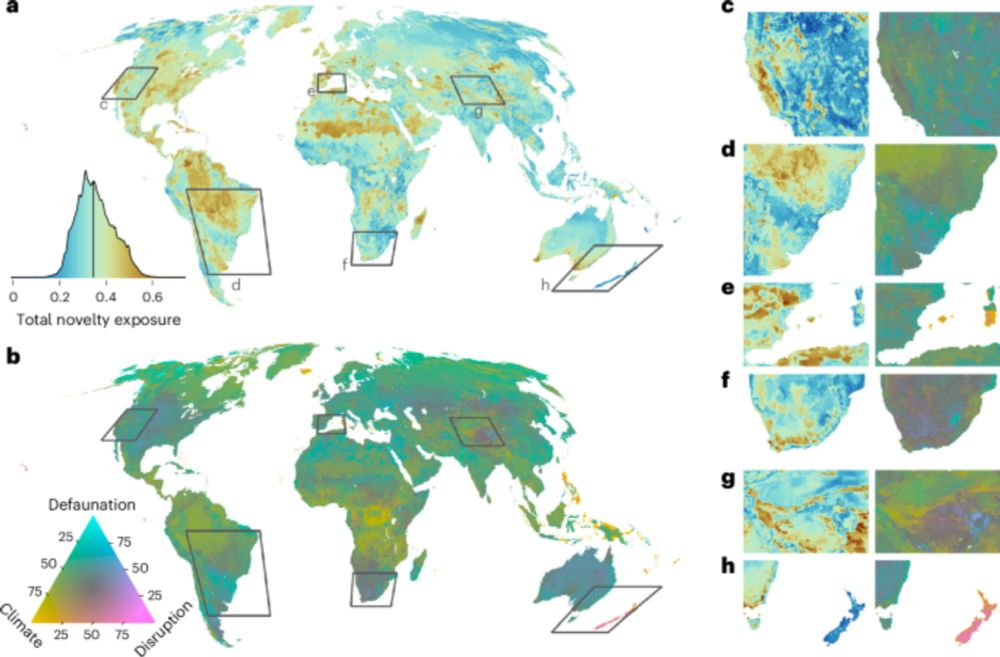
New publication from #ECONOVO on the widespread ecological novelty across the terrestrial biosphere🌱
Read the article here:
www.nature.com/articles/s41...
Key take homes below👇
Read more about a new UKCEH-led study: www.ceh.ac.uk/press/biodiv...
#rivers #WaterQuality 🧪 1/

Read more about a new UKCEH-led study: www.ceh.ac.uk/press/biodiv...
#rivers #WaterQuality 🧪 1/

Please share so they will fly into the blue sky 🦋🌈
Vol1 👉 bsky.app/starter-pack...
Vol2 👉 bsky.app/starter-pack...
Will start a Vol. 3 soon, please reply if you want to be in !
🌐🧪🌍🦤🍁🦑🪴🦉🐍🌾
Please share so they will fly into the blue sky 🦋🌈
Vol1 👉 bsky.app/starter-pack...
Vol2 👉 bsky.app/starter-pack...
Will start a Vol. 3 soon, please reply if you want to be in !
🌐🧪🌍🦤🍁🦑🪴🦉🐍🌾

onlinelibrary.wiley.com/doi/10.1111/... Another wonderful paper of @joseblanuza.bsky.social making open more than >1500 networks and looking at their properties. Come for the data, stay for the cool figures!
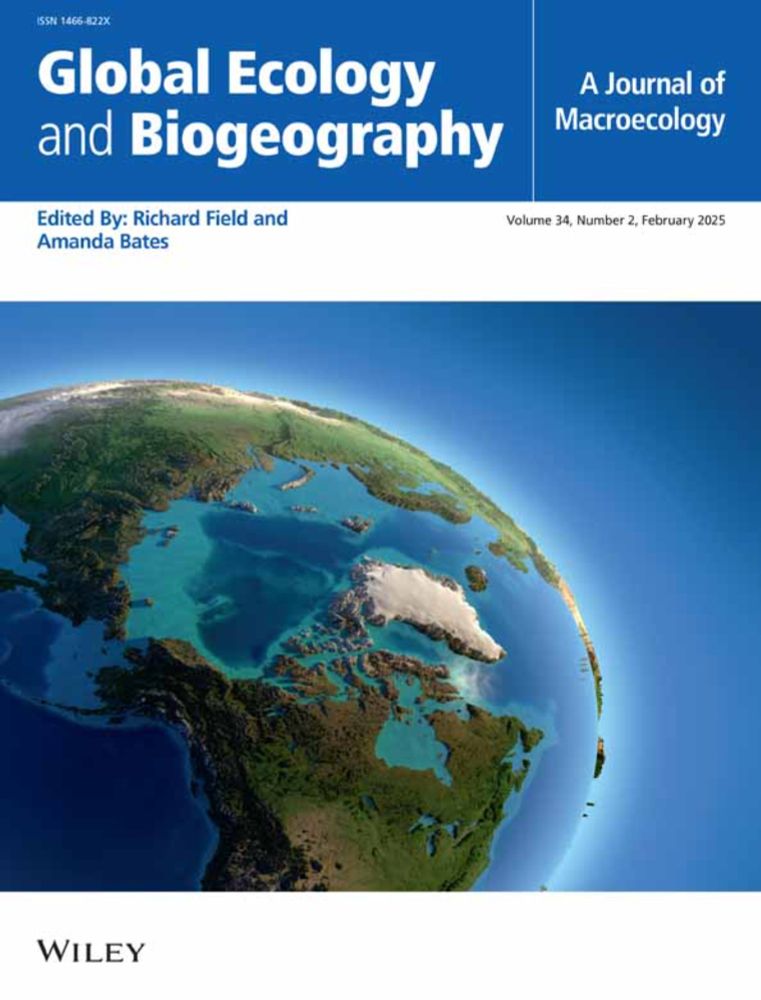
onlinelibrary.wiley.com/doi/10.1111/... Another wonderful paper of @joseblanuza.bsky.social making open more than >1500 networks and looking at their properties. Come for the data, stay for the cool figures!
royalsocietypublishing.org/doi/10.1098/...
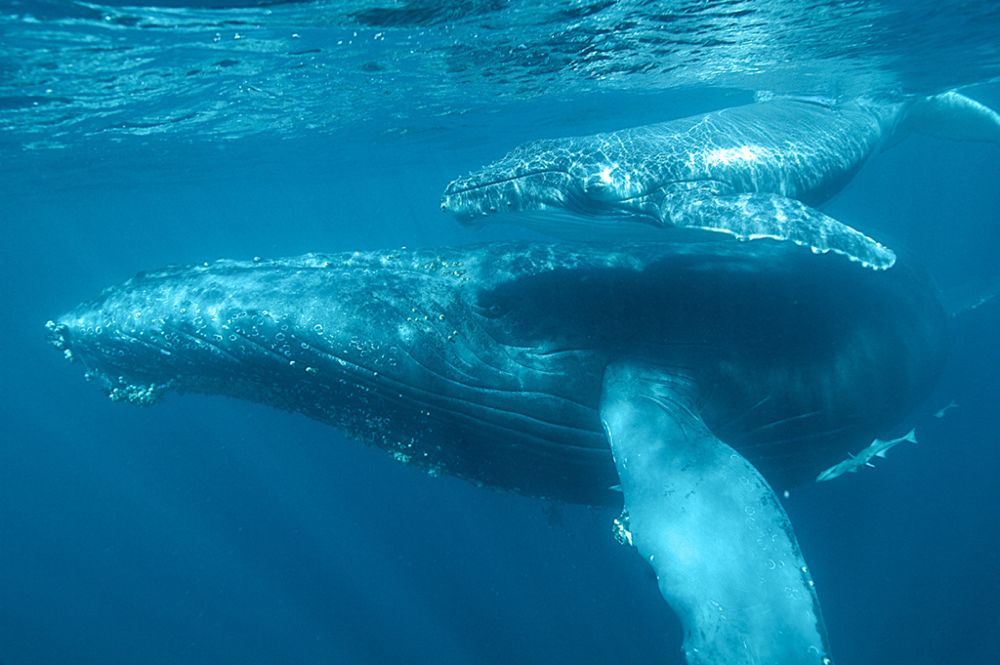
royalsocietypublishing.org/doi/10.1098/...
In this @globalchangebio.bsky.social study we used 1327 time series of freshwater macroinvertebrate communities across Europe to investigate whether dispersal capacity changes with the ecological quality of rivers. @sgn.one
onlinelibrary.wiley.com/doi/epdf/10....
In this @globalchangebio.bsky.social study we used 1327 time series of freshwater macroinvertebrate communities across Europe to investigate whether dispersal capacity changes with the ecological quality of rivers. @sgn.one
onlinelibrary.wiley.com/doi/epdf/10....
https://go.nature.com/3WD7cWa

https://go.nature.com/3WD7cWa

